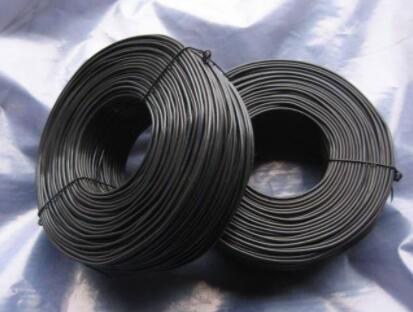Understanding Cloth Mesh Screen Versatility and Applications
Cloth mesh screens have become increasingly popular in a variety of industries due to their versatility, durability, and functionality. These screens, made from various types of fibers and materials, are commonly used for filtration, separation, and protection purposes. In this article, we'll explore the different types of cloth mesh screens, their applications, benefits, and factors to consider when choosing the right screen for your needs.
Types of Cloth Mesh Screens
Cloth mesh screens come in several compositions, including nylon, polyester, and stainless steel. Each type offers unique properties that cater to specific applications.
1. Nylon Mesh Screens Known for their excellent flexibility and lightweight nature, nylon mesh screens are often used in applications such as food and beverage filtration. They have good chemical resistance and are easily cleaned, making them suitable for environments where hygiene is paramount.
2. Polyester Mesh Screens Polyester is another popular choice due to its robust nature and resistance to wear and tear. These screens are commonly used in printing applications, water treatment processes, and even in the production of pharmaceuticals.
3. Stainless Steel Mesh Screens Offering unparalleled strength and resistance to corrosion, stainless steel mesh screens are ideal for high-pressure applications and environments where durability is critical. They are widely used in construction, mining, and even in marine applications due to their ability to withstand harsh conditions.
Applications of Cloth Mesh Screens
Cloth mesh screens are used across diverse sectors, including
- Filtration and Separation Mesh screens are essential in filtering out unwanted particles from liquids and gases. This has applications ranging from water treatment facilities to industrial processes where maintaining purity is crucial.
- Agriculture Farmers and agricultural engineers utilize cloth mesh screens for seed cleaning, crop protection, and pest management. These screens help in keeping pests away while allowing airflow and light to enter.
- Construction In the construction industry, mesh screens are employed to provide safety barriers, barriers for scaffolding, and separation of materials on job sites. They help prevent debris from falling and protect workers and the public from potential hazards.
- Textiles The textile industry uses cloth mesh for a variety of purposes, including screening fabric during manufacturing and creating breathable materials for clothing, footwear, and accessories.
cloth mesh screen

Benefits of Cloth Mesh Screens
The advantages of cloth mesh screens are numerous
1. Durability High-quality mesh screens can withstand significant wear and tear, making them a long-lasting choice for various applications.
2. Versatility The different types of materials and weaves available allow for customization based on specific requirements. Whether for fine filtration or coarse separation, there is likely a mesh screen that meets the need.
3. Cost-Effectiveness Given their durability and long lifespan, cloth mesh screens can be a cost-effective solution in the long run, reducing the need for frequent replacements.
4. Ease of Maintenance Many cloth mesh screens can be easily cleaned and reused, further enhancing their value and sustainability.
Considerations When Choosing a Cloth Mesh Screen
When selecting a cloth mesh screen for your application, consider the following factors
- Mesh Size The size of the openings in the mesh should match the intended use. A finer mesh will catch smaller particles but may restrict airflow, while a coarser mesh allows for greater flow but may not filter out smaller particles.
- Material Compatibility Ensure that the material of the mesh is compatible with the substances it will encounter, especially in chemical and food applications.
- Environmental Conditions Take note of the conditions the mesh will be exposed to, such as temperature, humidity, and potential corrosive elements.
In conclusion, cloth mesh screens are an essential component in numerous industries, offering a balanced combination of functionality, durability, and versatility. Understanding the different types of cloth mesh, their applications, and the factors to consider when selecting one can help in making informed decisions that optimize processes and enhance productivity. Whether for filtration, construction, or textile purposes, the right cloth mesh screen can significantly impact efficiency and effectiveness in operations.

















